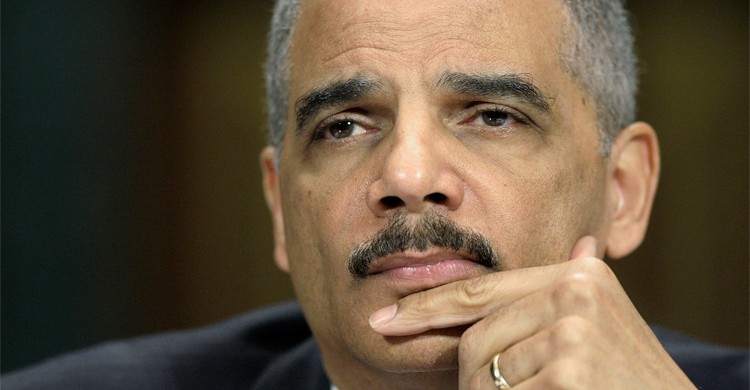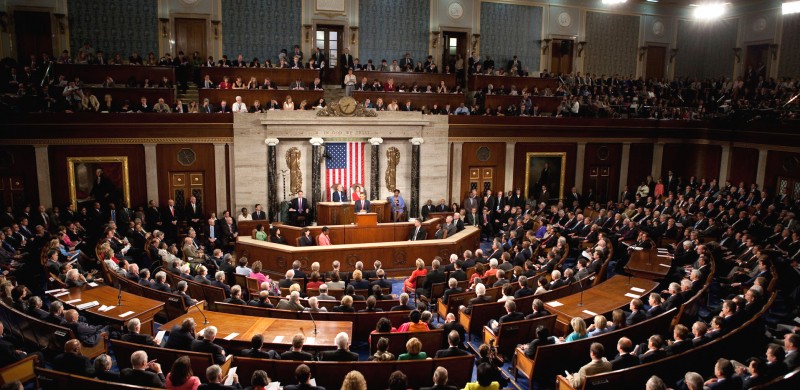


Town Hall Meeting in Grass Lake Discusses Decrim
By Michael Komorn
Dozens of medical marijuana patients attended a Town Hall meeting in Grass Lake last night hosted by Representatives Mike Shirkey (R) and Jeff Irwin (D). As momentum builds for decriminalization nationwide and public opinion begins to sour towards our nation’s overzealous ”war on drugs,” citizens of Grass Lake and beyond assembled to discuss the prospects of decriminalizing marijuana in Michigan. Irwin, who has been a regular guest on my radio show, Planet Green Trees, said, “The public is coming around to the idea that marijuana prohibition isn’t working, and we spend way more money than it’s worth to enforce these laws.” How much money are we talking? According to a study out of Michigan State University, we spend $325 million every year arresting, trying and incarcerating marijuana users. That figure is in Michigan alone. Just imagine what this state could do with $325 Million every year.
(Related: Medical Marijuana Patients React to AG Eric Holder’s Speech)
Not everyone was pleased with the idea of decriminalization, however. Chief Assistant Prosecutor Brian Thiede of Mecosta County believes that decriminalizing marijuana would make it harder for his office to go after the suppliers, citing that users facing a civil infraction rather than a misdemeanor would be less likely to reveal who they got the marijuana from. Thiede labels the suppliers as “the really bad guys,” neglecting to address the fact that hundreds of state licensed caregivers, i.e. suppliers (bad guys?) have been raided and charged as criminals since 2008. While the representatives and the prosecutors debate the positives and negatives of decriminalization, it will ultimately be up to the voters in Jackson and Ferndale whether or not to reduce the punishment for possession of Marijuana in the Fall. Momentum is building, and I am confident that the same public that consistently delivers “not guilty” verdicts at the end of the drawn out, costly trials of medical marijuana patients and caregivers will resoundingly say yes to these proposals.
(Related: The Decriminalization of Marijuana)

AG Holder’s Opinion Already Affecting Marijuana Cases
Attorney General Eric Holder’s speech regarding dropping mandatory minimums for many drug crimes is already making an impact. Currently, I am working on a federal case in which my client and his brother have been charged with manufacturing more that 100 marijuana plants. The charges were originally written by an Assistant U.S. Attorney to include 5 year mandatory minimum sentences.
Related: Attorney General Aims to Ease Drug Sentences
Although the charge of manufacturing still remains, my co-counsel and I recently received an email in which the Prosecutor stated that, “in light of some new directives from Washington, D.C., I will not charge either of your clients with mandatory minimums.” After more than 20 years as an attorney working in a system where the wheels of justice turn slowly, if at all, I am amazed to see how quickly the Attorney General’s opinion has made an impact. Check out my radio show, Planet Green Trees, to hear more about the case.
Related: Medical Marijuana Community Responds to AG Eric Holder’s Speech

Uruguay Sets Low Price for Marijuana at $2.50 per Gram
Uruguay, which recently passed legislation to legalize marijuana, has set the price at $2.50 per gram to undermine the black market. The senate is expected to pass the bill which sets this price to be later signed into law by legalization proponent, President Jose Mujica.
Related: Uruguay Legalizes Marijuana
Though the countries of Portugal and the Netherlands have drastically reduced the penalties for marijuana use, Uruguay is unique because the government will have complete control over the entire marijuana industry. Individual citizens, cooperatives, and private companies can grow a specified amount of weed each month, though it may only be sold to consumers by state-run pharmacies. Purchasers will have to register with the state and will be limited to 40 grams per month.
Related: The Decriminalization of Marijuana
It is feared that these regulations will not persuade cannabis consumers to leave the black market, which is where the $2.50 price comes into play. The price is on par with current costs on the black market, which will deter any resale of the product into the black market. furthermore, the marijuana that is cultivated by licensed individuals will have to meet certain standards, and will be of a much purer form than the marijuana being sold and consumed through the black market. As Uruguay moves ever closer to implementing full blown legalization of the plant for adult use, the world eagerly looks in to see whether it will be more effective than the US led War on Drugs.
Related: AG Holder’s Opinion Already Affecting Marijuana Cases in Michigan

AG Holder: DOJ Will Not Oppose Colorado and Washington Legalization
Attorney General Eric Holder informed the Governor’s of Washington and Colorado that the Justice Department will not interfere with the states’ laws which permit the use of marijuana for recreational purposes. This is a huge win for marijuana activists, and big step away from the War on Drugs.
Related: Uruguay Sets Price of Marijuana at $2.50/Gram
The AG sent a memo to the country’s 94 Attorney Generals which outlined what types of activities will still be targeted by the DOJ, highlighting 8 major points that the DOJ still aims to prevent. The 8 points are:
the distribution of marijuana to minors;
revenue from the sale of marijuana from going to criminal enterprises, gangs and cartels;
the diversion of marijuana from states where it is legal under state law in some form to other states;
state-authorized marijuana activity from being used as a cover or pretext for the trafficking of other illegal drugs or other illegal activity;
violence and the use of firearms in the cultivation and distribution of marijuana
drugged driving and the exacerbation of other adverse public health consequences associated with marijuana use;
growing of marijuana on public lands and the attendant public safety and environmental dangers posed by marijuana production on public lands;
preventing marijuana possession or use on federal property.
These 8 points are still quite broad, and prosecutors across the country could interpret many of them in ways that would favor their decision to prosecute. However, they will no longer be able to use sheer-volume of sales as the sole justification for charging and individual or entity with a marijuana crime.
(Related: Sentencing Commission to Review Minimum Sentencing Guidelines)
Though the Obama Administration had said on numerous occasions that federal agents would not interfere with states’ where marijuana use is legal to some capacity, US Attorneys have ignored this call for tolerance and gone ahead with prosecutions of marijuana growers and users, regardless of the directives from Washington.
(Related: AG Holder’s Opinion Already Affecting Marijuana Cases)
Now that the Attorney General has come out and said that the Federal Government will not interfere with the laws passed in Colorado and Washington, the Governors, and people, of those states can finally exhale knowing that a Federal Lawsuit will not be coming their way.

Senate Hearing on Marijuana Scheduled for Today
The Senate Judiciary Committee will hold hearings Tuesday in the nation’s capital that could lead to the legalization of marijuana or at least clarify the mixed messages the federal government has sent to states that have legalized marijuana in some capacity.
Requested by its committee chairman, Sen. Patrick Leahy, D-Vermont, the timing was triggered by U.S. Attorney General Eric Holder’s statement that federal authorities no longer will interfere in states that have adopted laws to either allow medical marijuana or legalize the drug entirely.
At a time of severe budget cutting, Leahy questioned whether federal prosecutions of marijuana users are the best use of taxpayer dollars.
“Leahy favors legalization,” said Dan Riffle, director of federal policies for the nonprofit lobby group Marijuana Policy Project in Washington, D.C.
Riffle said he hopes for a breakthrough in the hearing that would lead to changes in federal banking laws, allowing marijuana sellers to accept credit cards and checks, not just cash.
That would do a lot to legitimize the nation’s fledgling marijuana industry, safeguarding transactions from the risk of robberies and smoothing the route away from the black market and Mexico’s cartels, Riffle said.
“But the biggest question, the elephant in the room, is that we have an administration that’s essentially working around federal law” to allow states to legalize marijuana.
“What we should do is just change federal law — just legalize marijuana,” he said.
This fall, Michigan lawmakers could take up bills that would ease laws on marijuana and widen medical users access to it.
Momentum is building, more than 52% of American’s favor legalization, members of both parties have expressed that they will follow the will of the people, and it is well documented that the prohibition of marijuana has created a lucrative underground commodity for organized crime and led to the costly measures of putting marijuana users through the criminal justice system and incarcerating them. Today’s Senate Hearing is a landmark day for marijuana activists across the country.Senate Hearing on Marijuana Scheduled for Today

